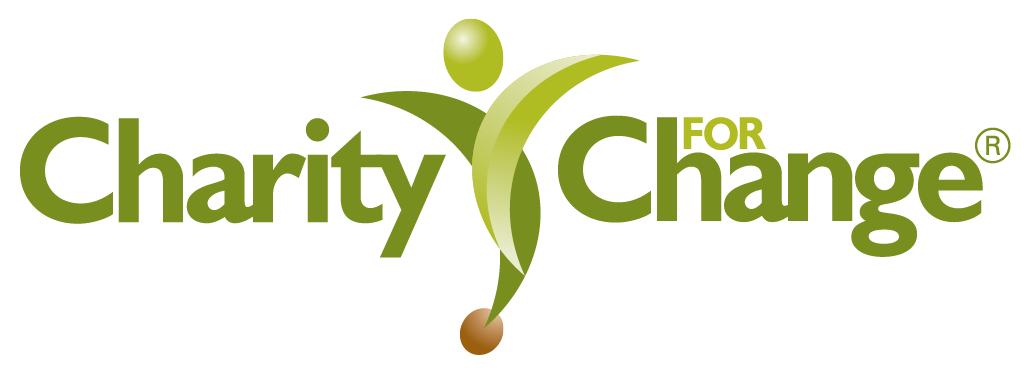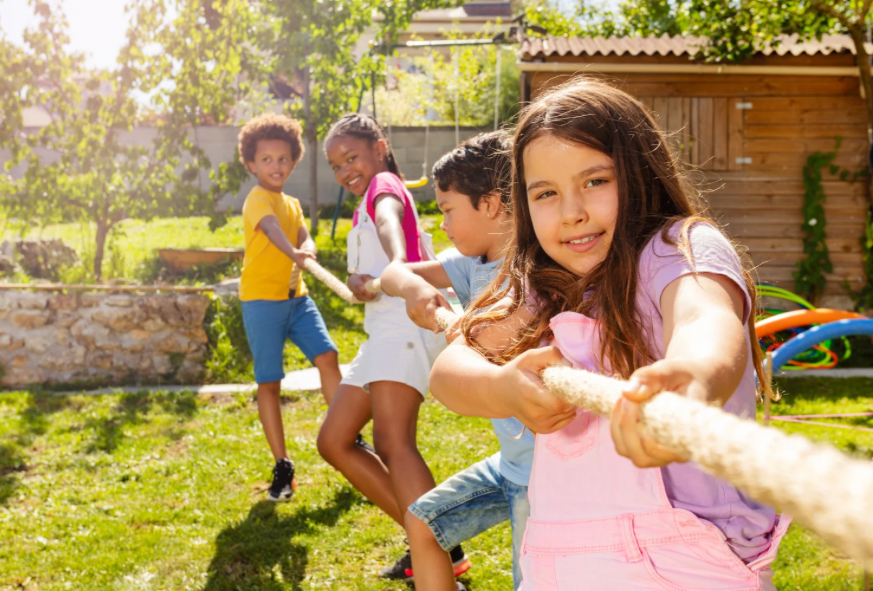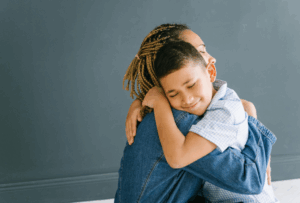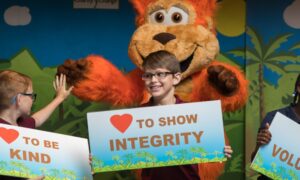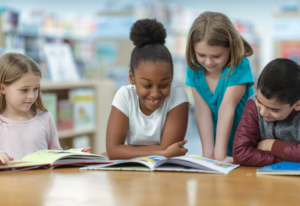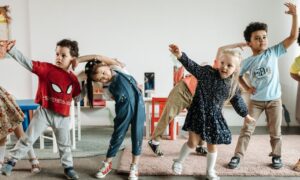The Power of Cooperation: Building Stronger Futures Through Character Education
Cooperation goes far beyond simply getting along—it’s a critical life skill that empowers children to build strong relationships, resolve conflicts effectively, and grow into resilient individuals. At Charity for Change, we define cooperation as “working together to achieve a common goal,” and its practical impact is evident in every aspect of our character education curriculum.
In classrooms, playgrounds, homes, and communities, children who learn cooperation from an early age develop stronger problem-solving capabilities, critical thinking skills, and an enhanced ability to contribute positively to society. According to research, cooperative learning environments significantly boost academic success, emotional resilience, and social development—essential qualities for tomorrow’s leaders.
The Science of Cooperation in Child Development
Cooperation isn’t just a social expectation; it’s a cornerstone of human development. Studies indicate that children as young as two years old exhibit cooperative behaviors, and these early experiences shape their future interactions and learning abilities.
- Brain Development and Social Learning: Harvard’s Center on the Developing Child highlights that cooperation engages brain areas linked to problem-solving, empathy, and reward processing, reinforcing the benefits and value of working collaboratively.
- Enhanced Academic Performance: Research into classroom cooperative learning has consistently demonstrated that students participating in structured, collaborative activities experience improved retention rates, advanced communication skills, and higher engagement in their education.
- Character and Emotional Growth: Engaging in cooperative activities helps children develop patience, manage social challenges effectively, and build a shared sense of responsibility. These experiences strengthen their conflict resolution skills, empathy, and ability to form meaningful relationships.
How Charity for Change Teaches Cooperation
At Charity for Change, we understand cooperation isn’t simply taught—it must be experienced. Our innovative curriculum integrates kinesthetic learning, mindfulness practices, and peer collaboration to ensure students internalize the importance of teamwork.
- Kinesthetic Learning Activities: Students actively engage in scenarios such as collaborative challenges or resolving conflicts through role-play, making cooperation tangible and memorable.
- Mindfulness Practices: Cooperation thrives on patience and active listening. Our simple yet powerful breathing exercises and reflective activities teach children to remain calm, present, and collaborative, even during moments of frustration.
- Peer-to-Peer Collaboration: Students learn the value of each individual voice through activities designed for peer teaching and learning, reinforcing teamwork as an integral part of daily interaction.
These interactive approaches give children real-world opportunities to practice cooperation, reinforcing essential skills for academic achievement, stronger relationships, and active community participation.
Tips for Parents and Educators: Putting Cooperation into Action
Children flourish when cooperation is consistently encouraged. Here are practical strategies to nurture cooperative skills at home and in educational settings:
- Group Tasks: Engage children in collaborative activities like completing puzzles, creating group art, or preparing meals together, fostering teamwork naturally.
- Role Modeling: Demonstrate cooperation by allowing children to observe adults collaborating effectively in everyday scenarios.
- Using Inclusive Language: Frame tasks as joint activities using “we” language—e.g., “Let’s clean up together!”—to emphasize the importance of teamwork.
- Partner Breathing Exercises: Encourage deep, synchronized breathing exercises before tackling group tasks to enhance emotional regulation and patience.
- Teamwork Reflections: After cooperative activities, reflect together by asking questions such as, “What did we do well? How can we improve next time?” This reinforces continuous improvement and the value of collective effort.
Conclusion
Cooperation is more than a skill—it’s a transformative mindset. When children master the art of listening, sharing, and collaboratively addressing challenges, they build resilience, confidence, and a robust sense of community. Charity for Change embeds cooperation into every aspect of our curriculum, recognizing its power to shape brighter, more compassionate futures. By combining project-based learning activities, mindfulness, and peer interactions, we equip students with the foundational skills essential for lasting success.
As we spotlight cooperation this month, we are committed to fostering more opportunities for children to experience teamwork, enhance their interpersonal skills, and evolve into compassionate, resilient leaders.
🌱 Inspired to cultivate cooperation in your community? Explore our curriculum and character-building programs today!

Karen Conley
President, CEO and founder of Charity for Change
References
- Harvard University Center on the Developing Child. (2023). Early Childhood Development and Social Skills. Retrieved from https://developingchild.harvard.edu/
- Collaborative for Academic, Social, and Emotional Learning (CASEL). (2022). The Role of SEL in Fostering Cooperation and Social Responsibility. Retrieved from https://casel.org/
- Slavin, R. E. (2014). Cooperative Learning and Academic Achievement: Why Does Groupwork Work? Anales de Psicología, 30(3), 785-791. Retrieved from https://www.redalyc.org/
- Edutopia. (2021). How Cooperative Learning Can Benefit Students This Year. Retrieved from https://www.edutopia.org/article/how-cooperative-learning-can-benefit-students-year
- MindUP | The Goldie Hawn Foundation. (2022). The Role of Mindfulness in Enhancing Cooperation and Emotional Regulation in Children. Retrieved from https://mindup.org/
